Africa’s Eden: exploring the Okavango Delta
The wetlands of northern Botswana offer a safari like no other
A free daily email with the biggest news stories of the day – and the best features from TheWeek.com
You are now subscribed
Your newsletter sign-up was successful
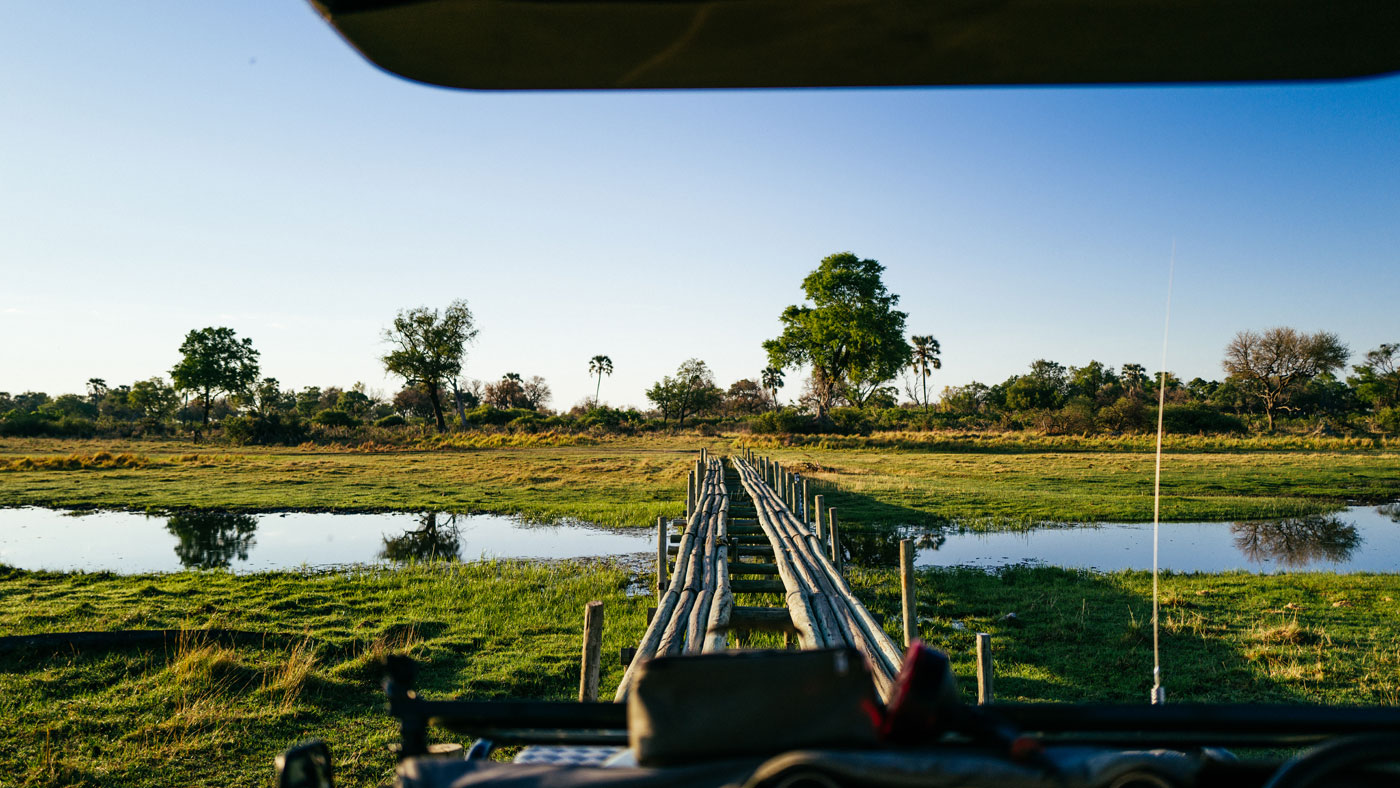
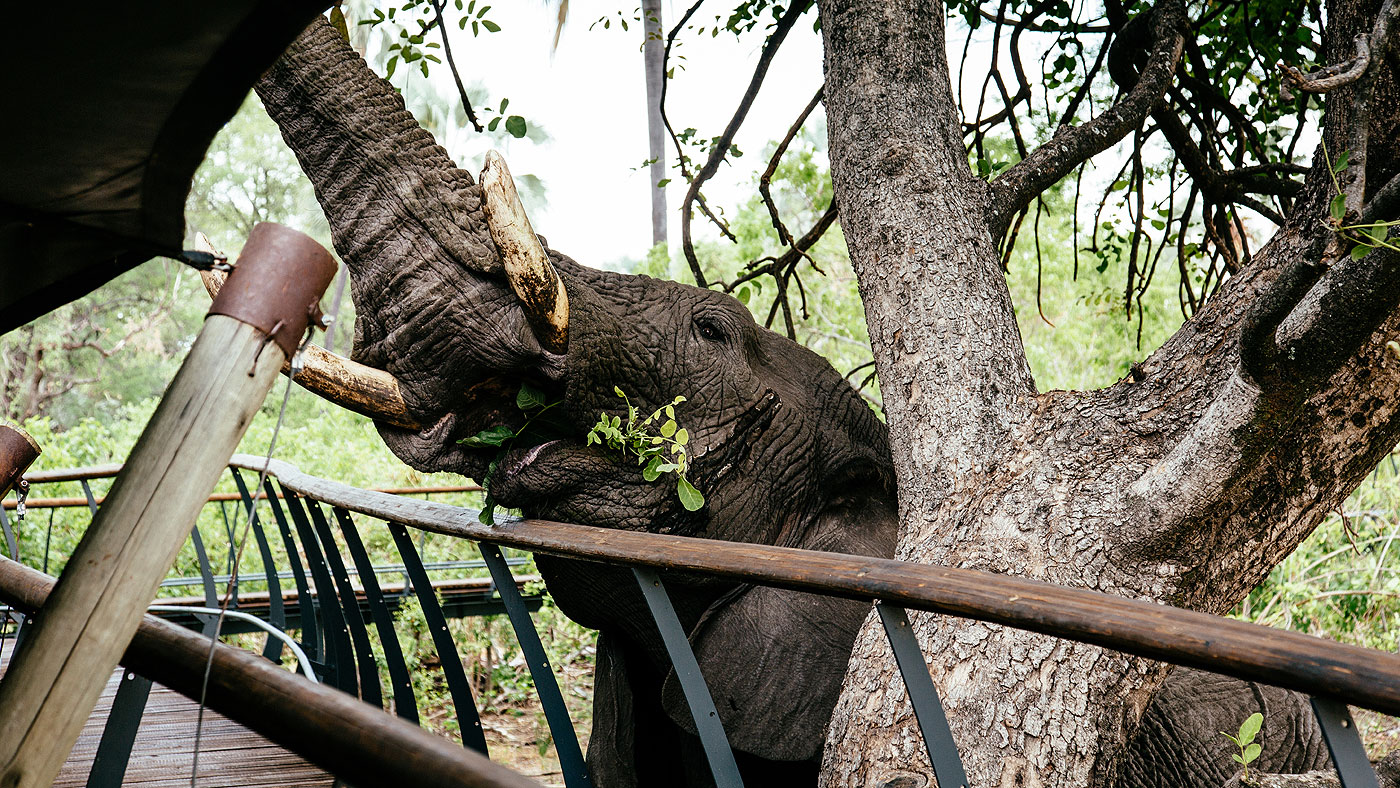
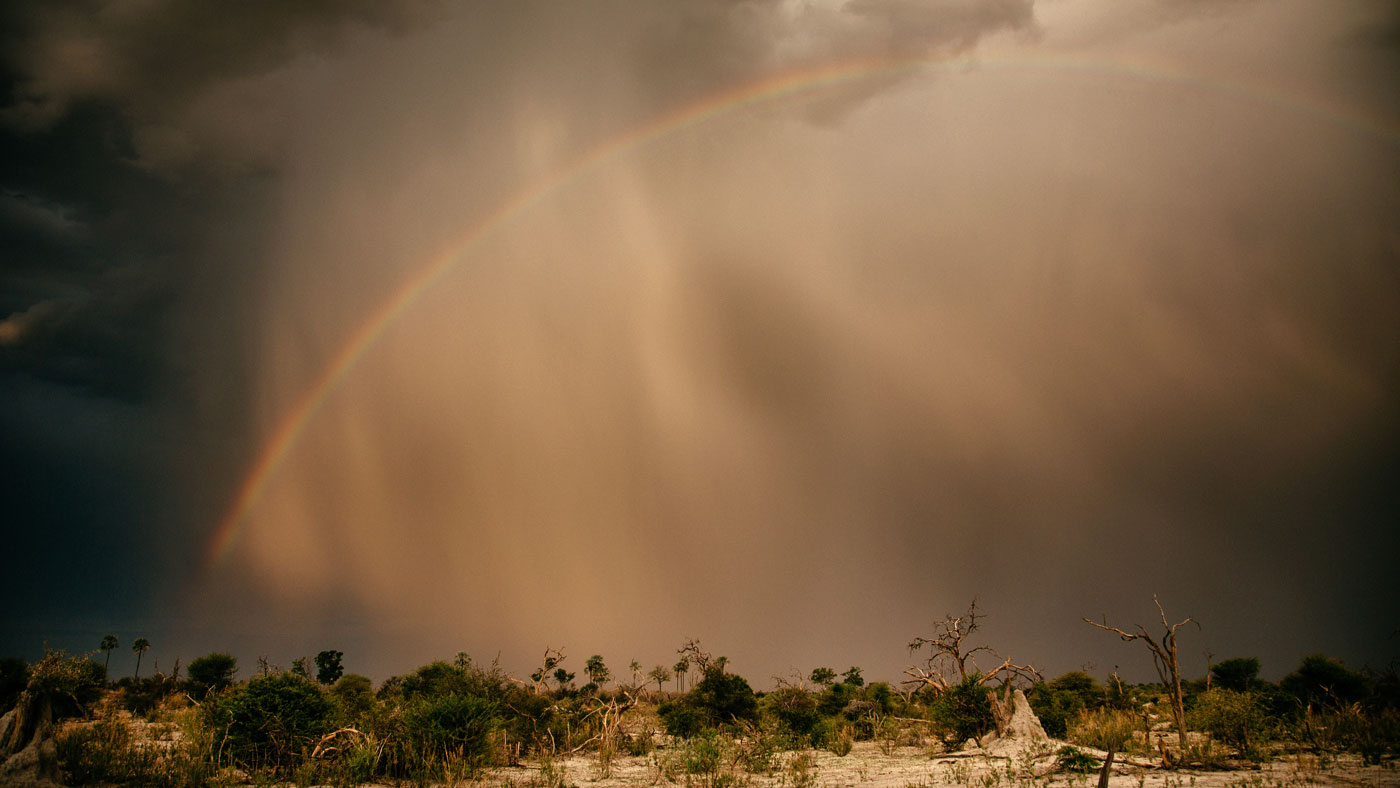
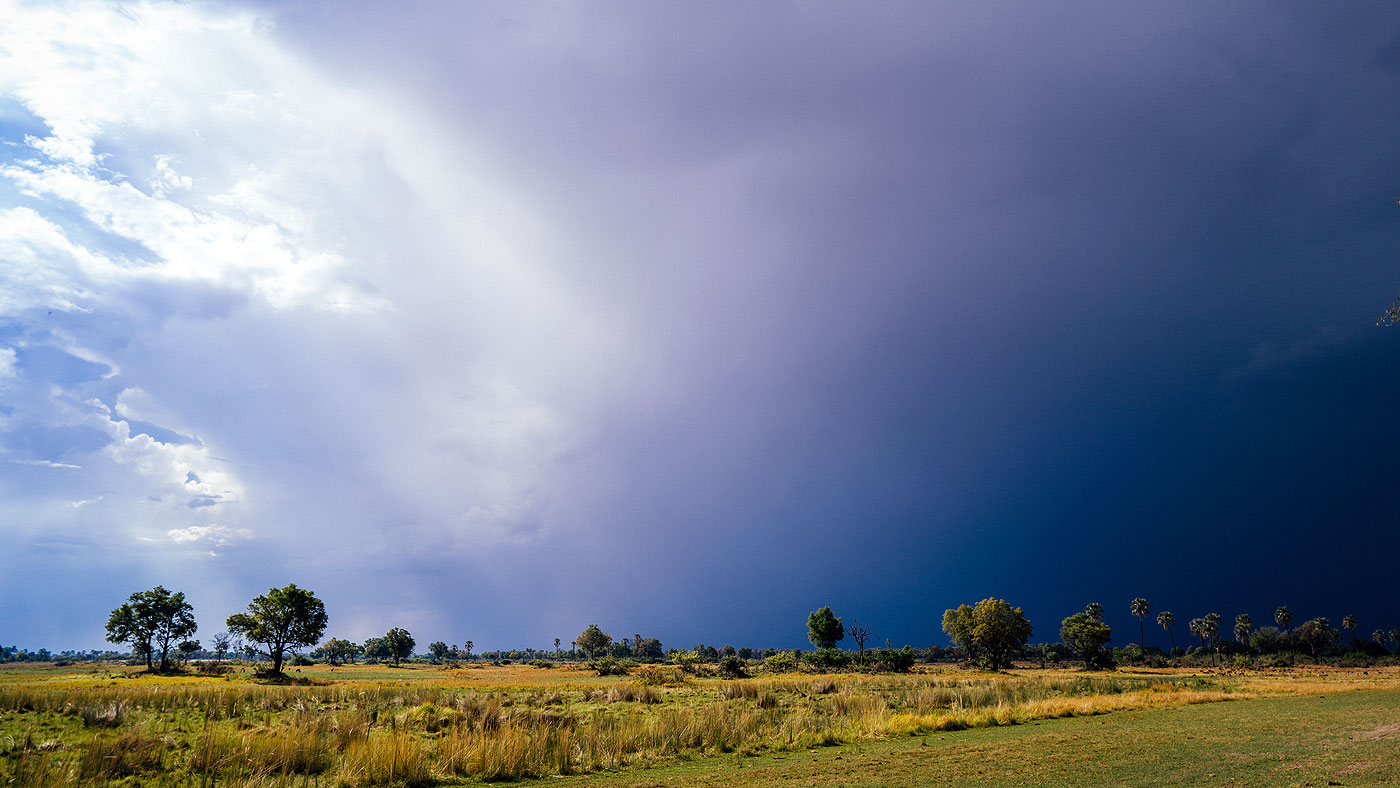
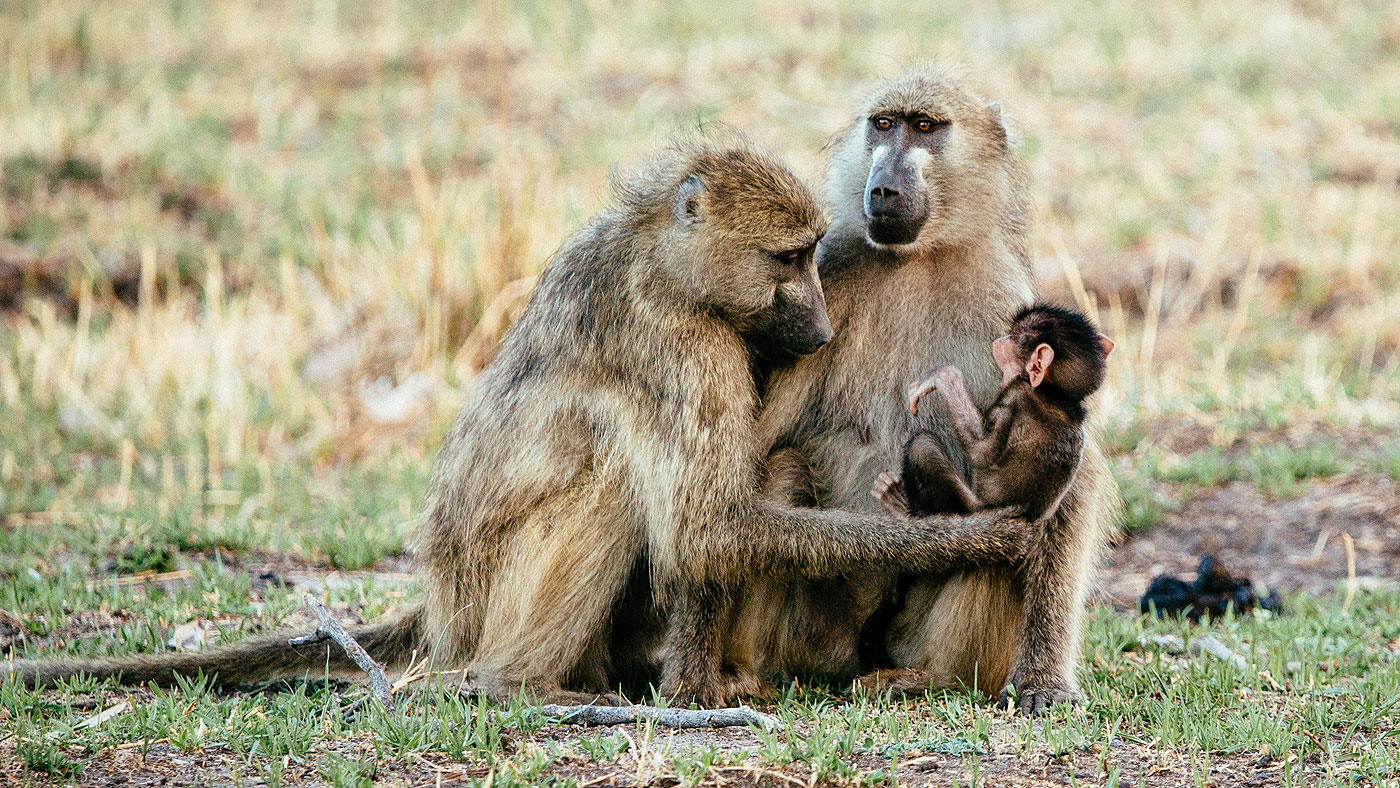
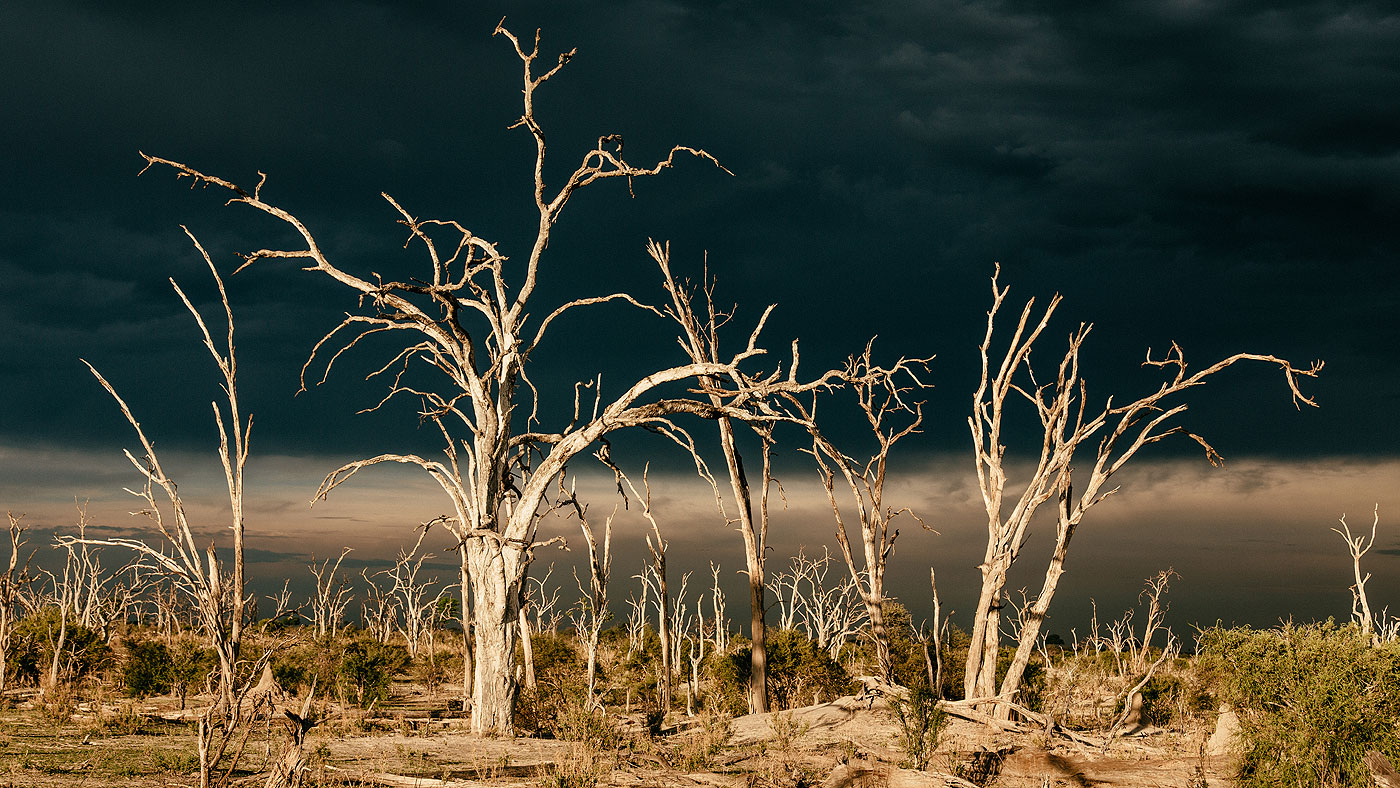
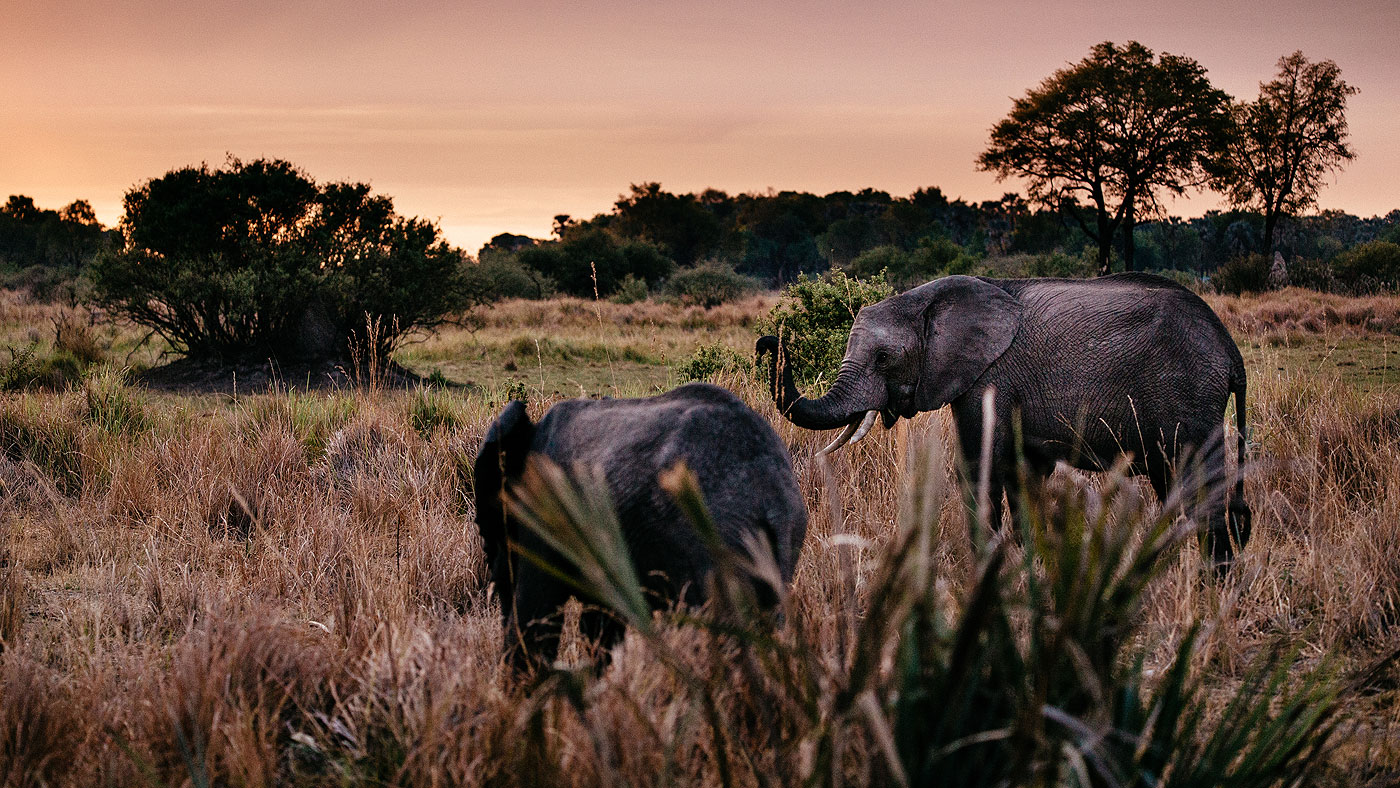
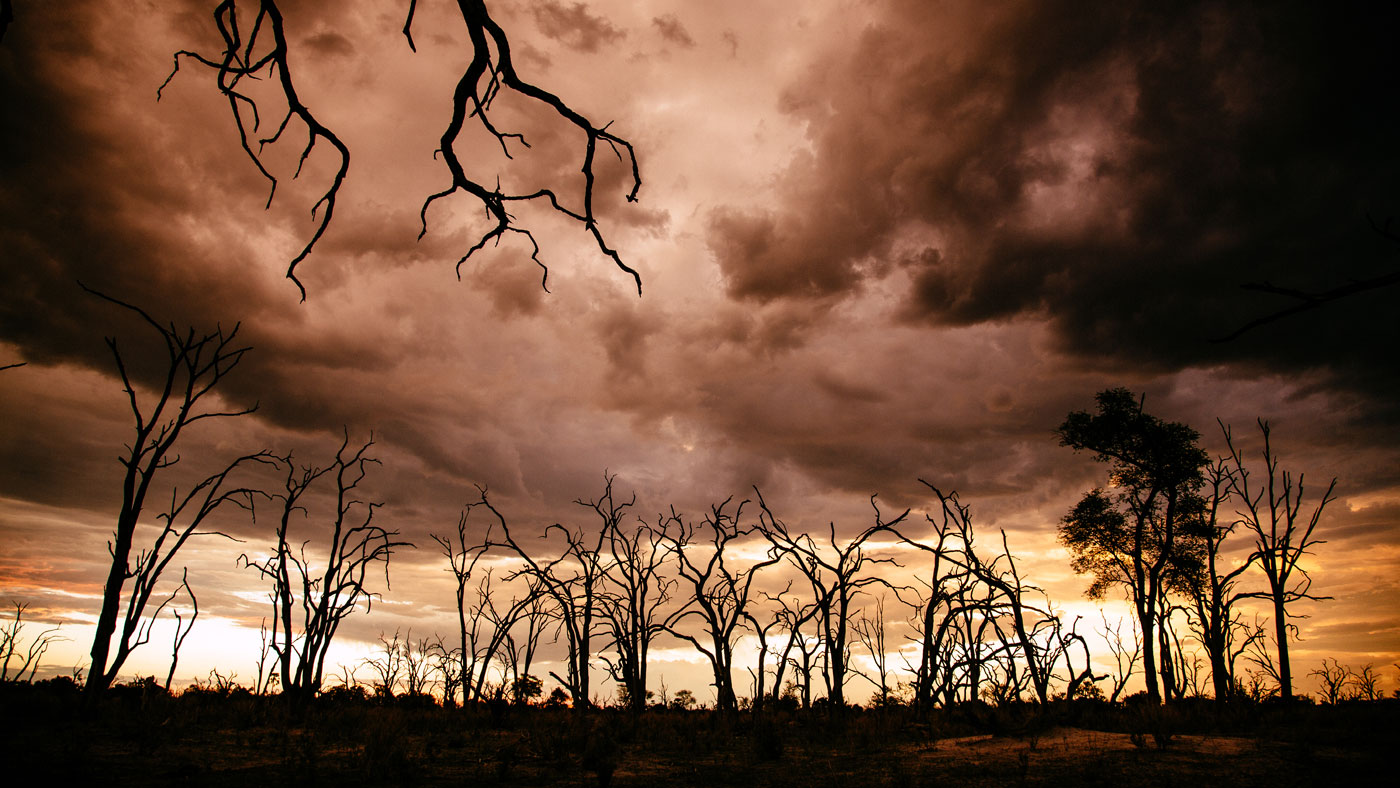
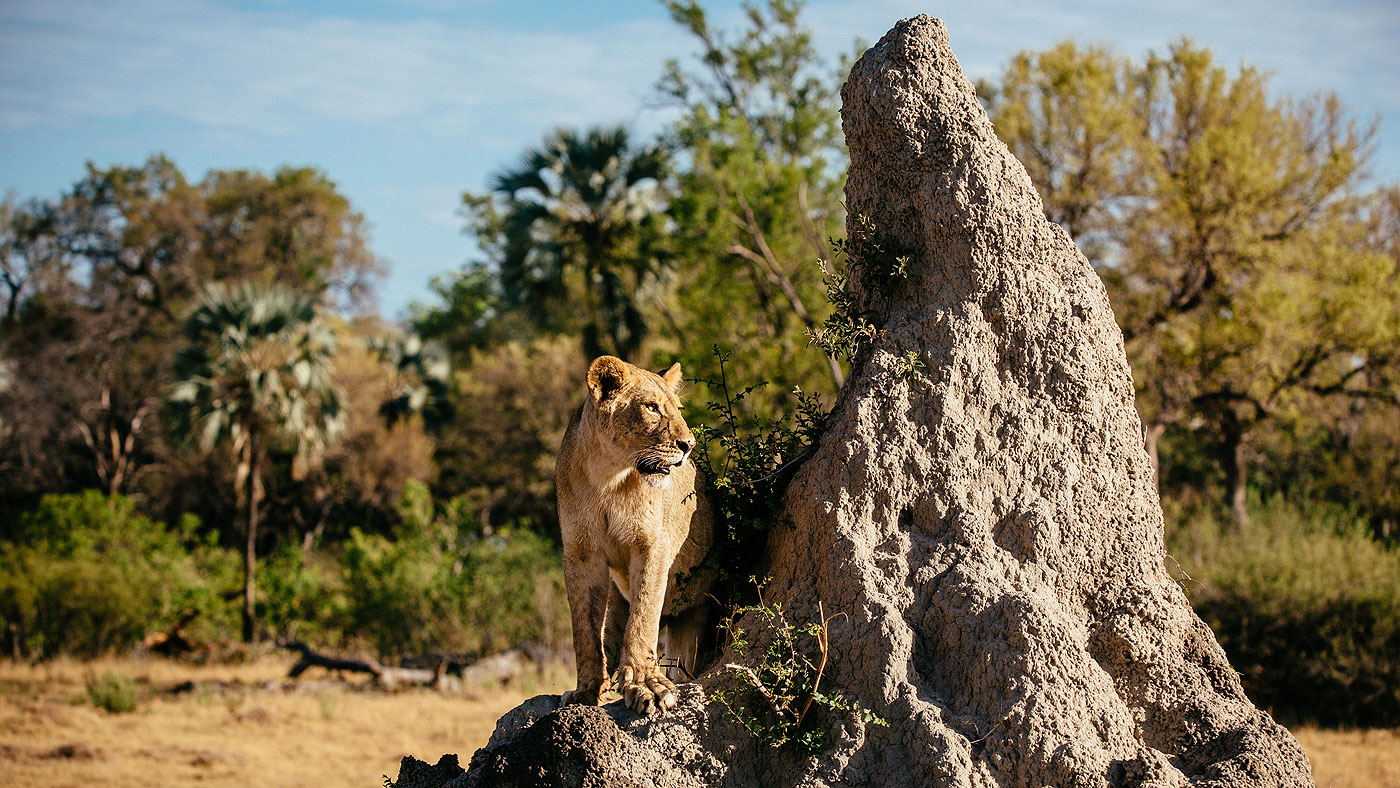
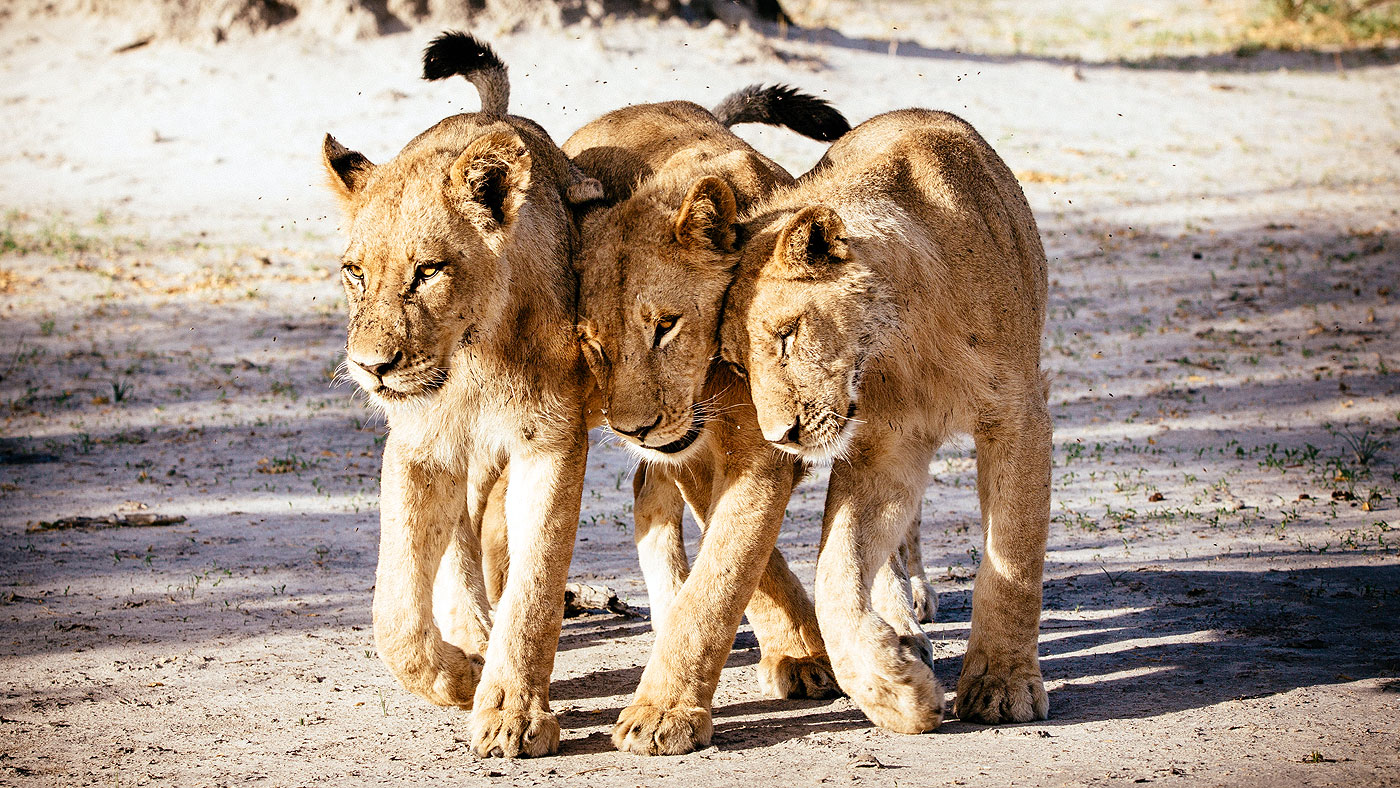
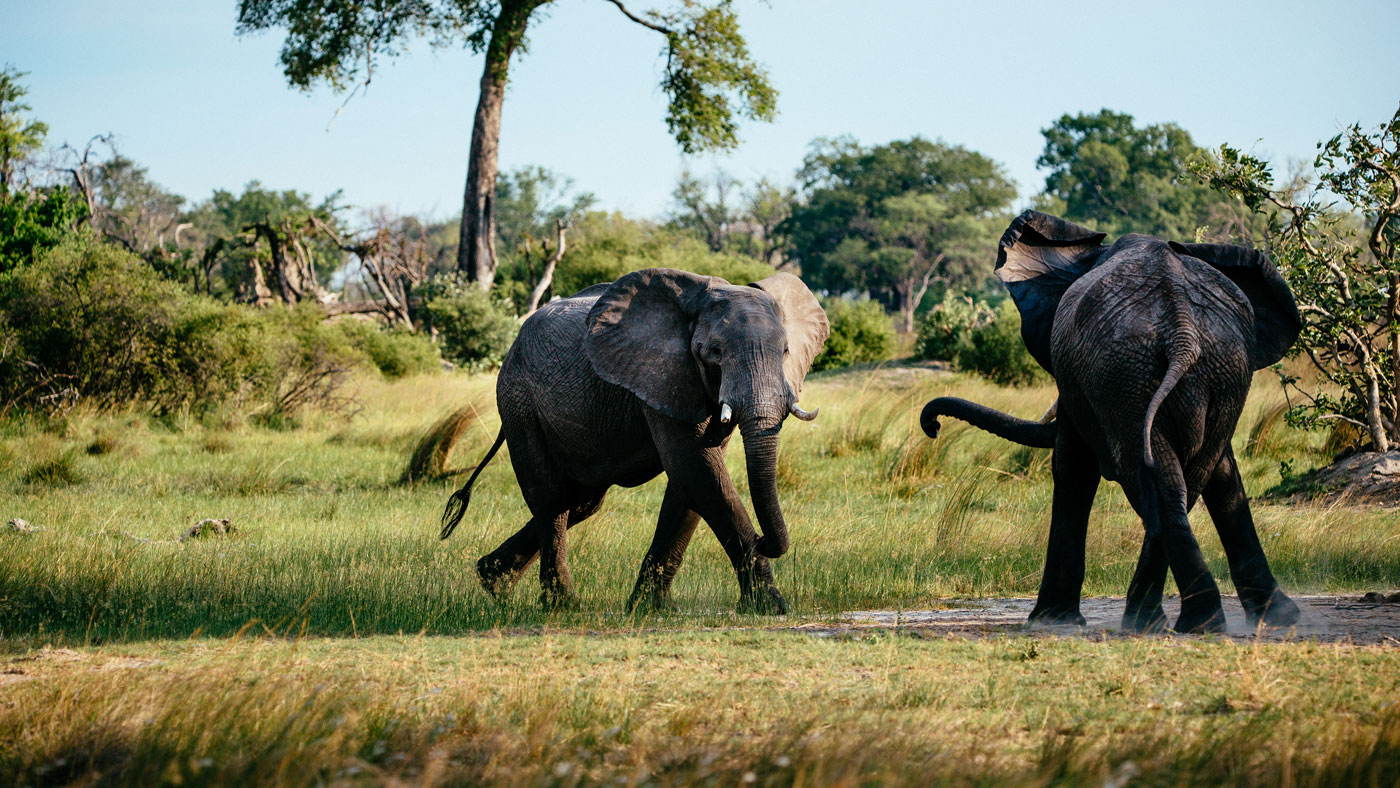
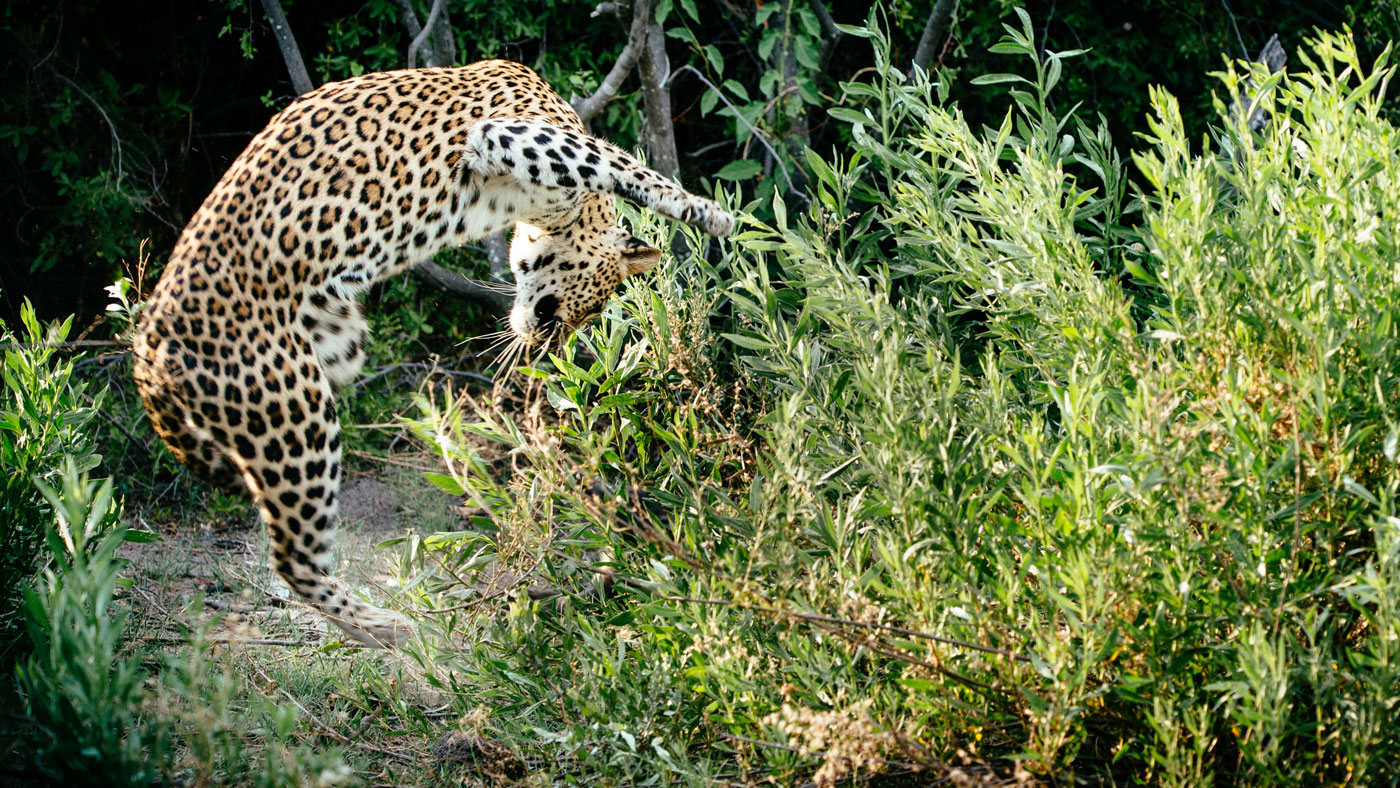
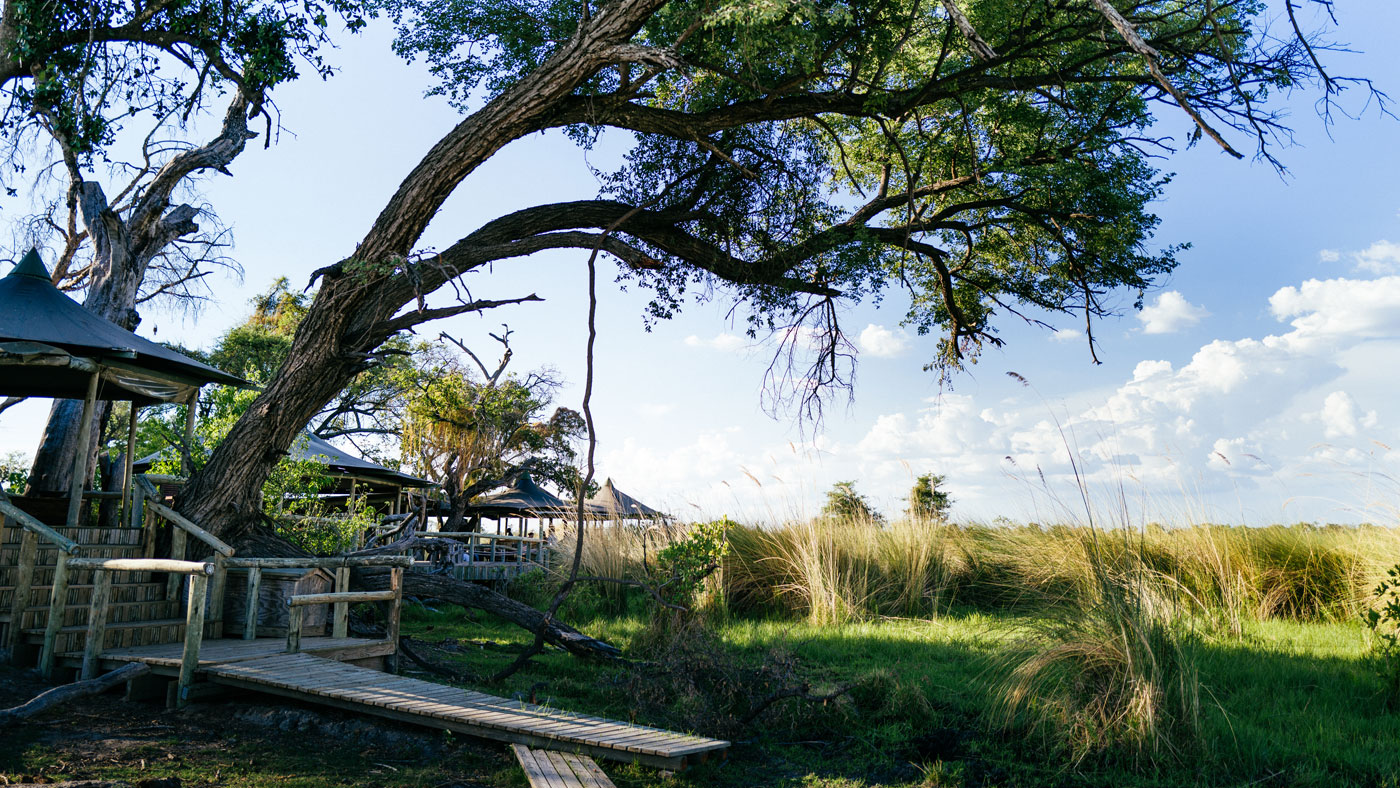
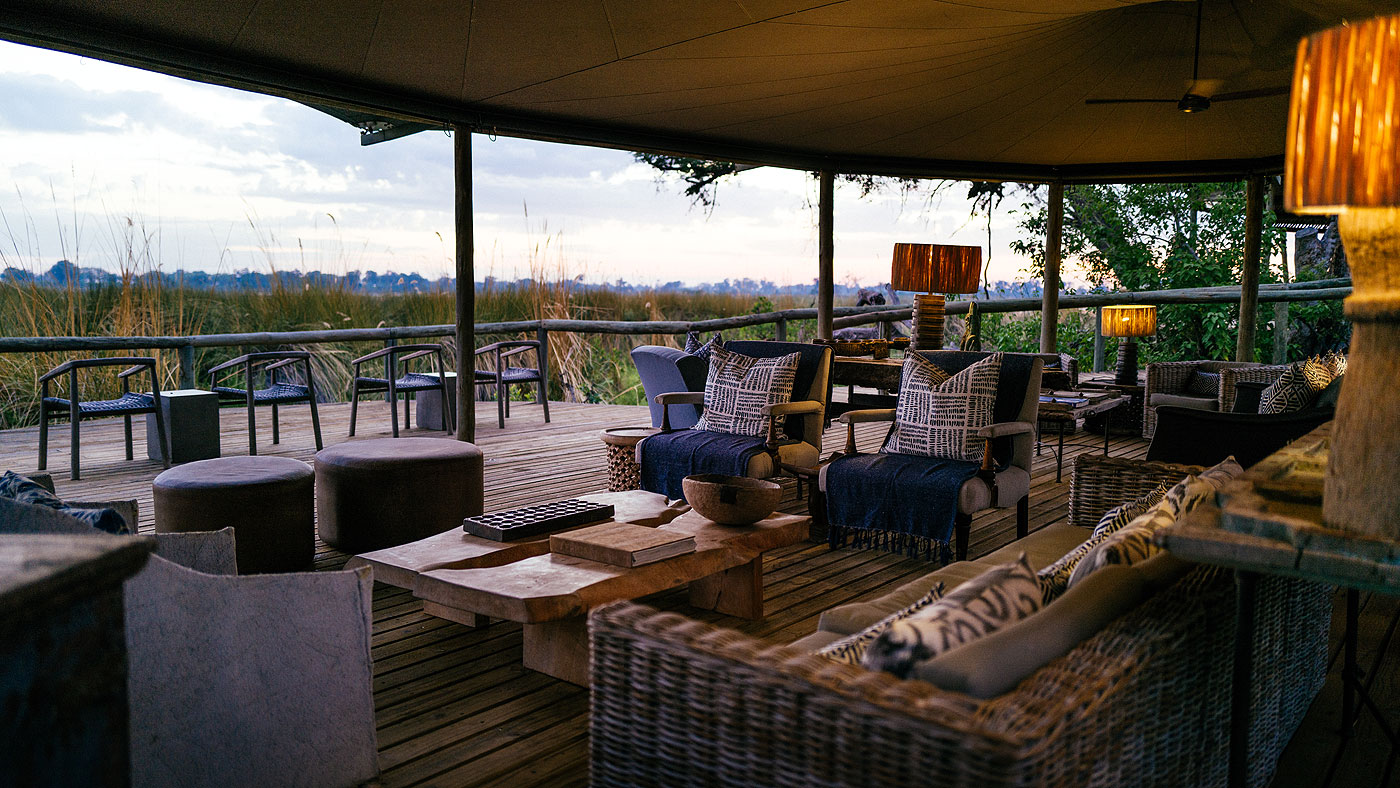
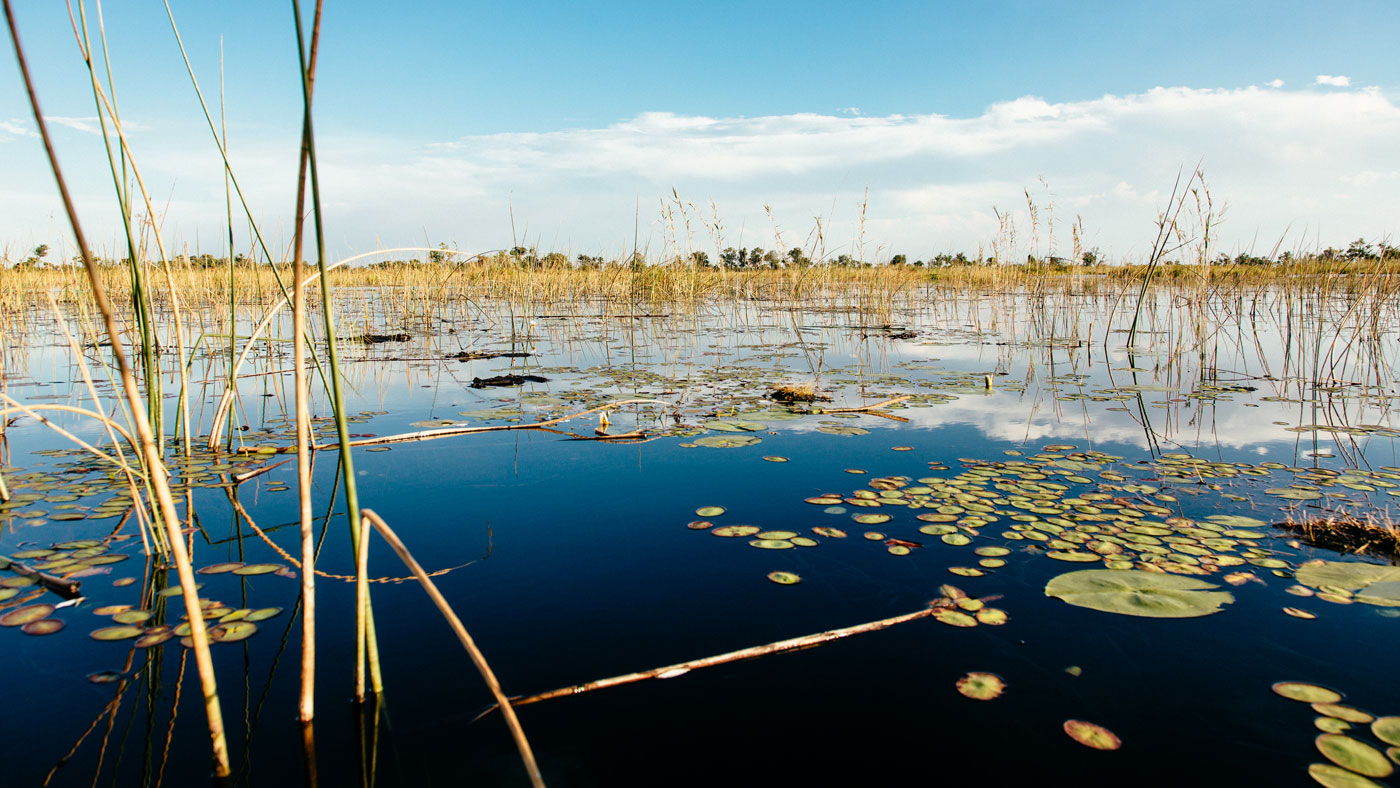
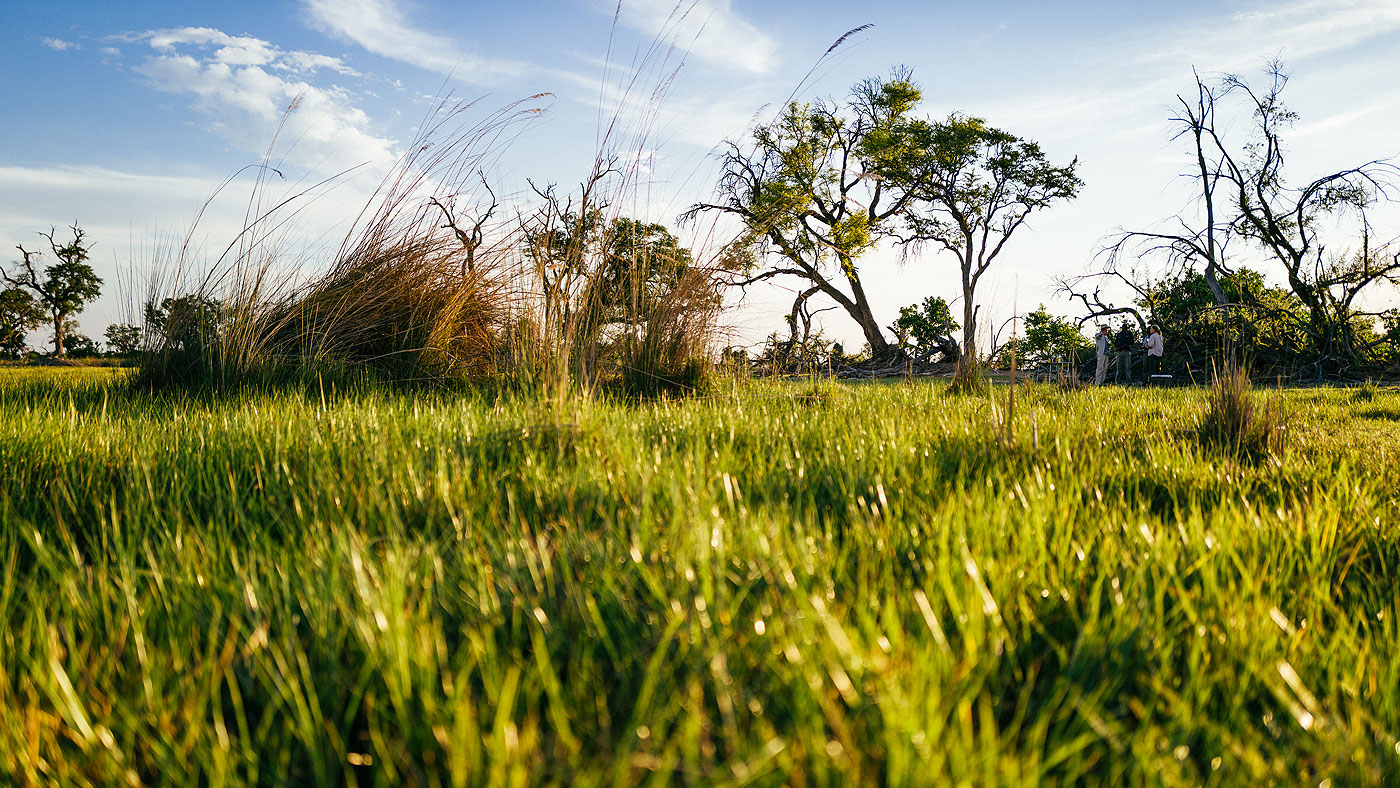
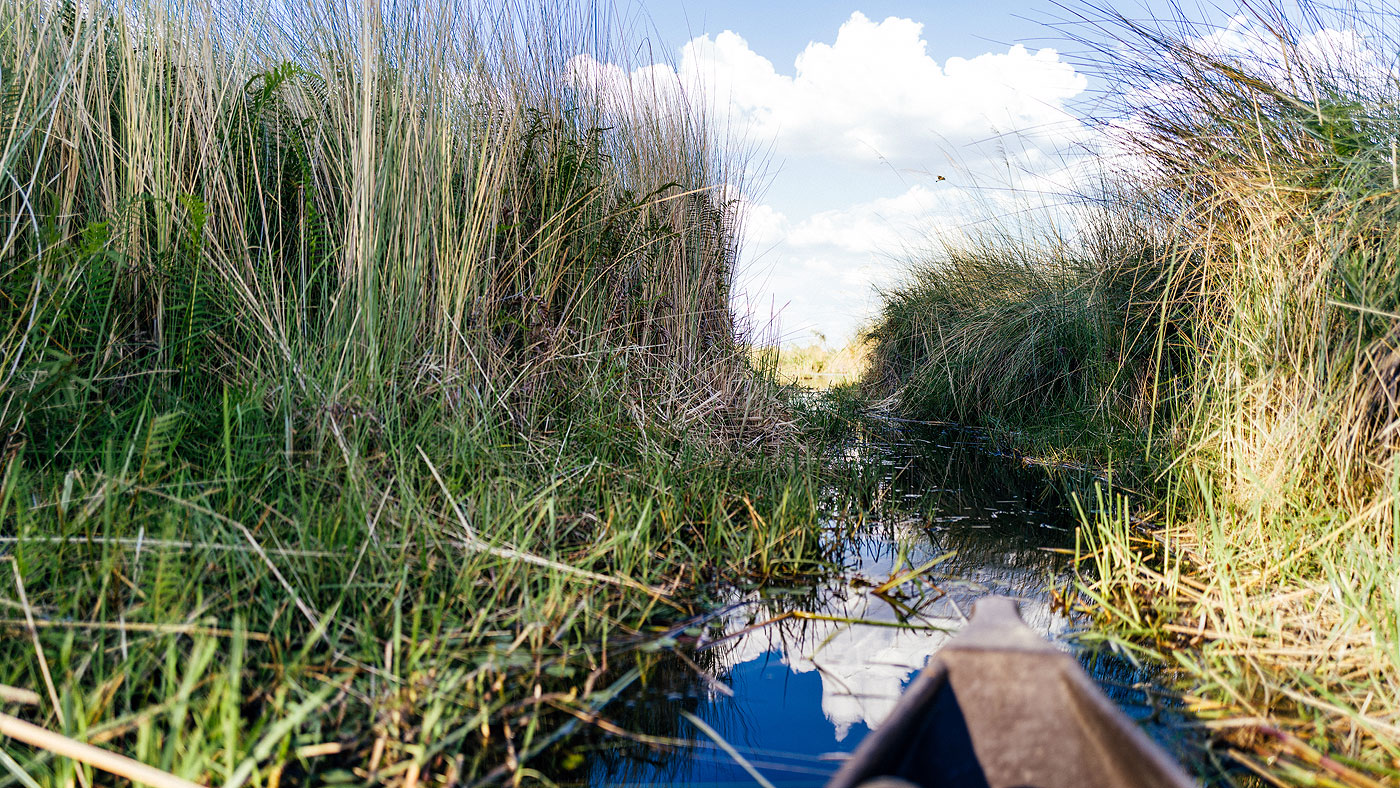
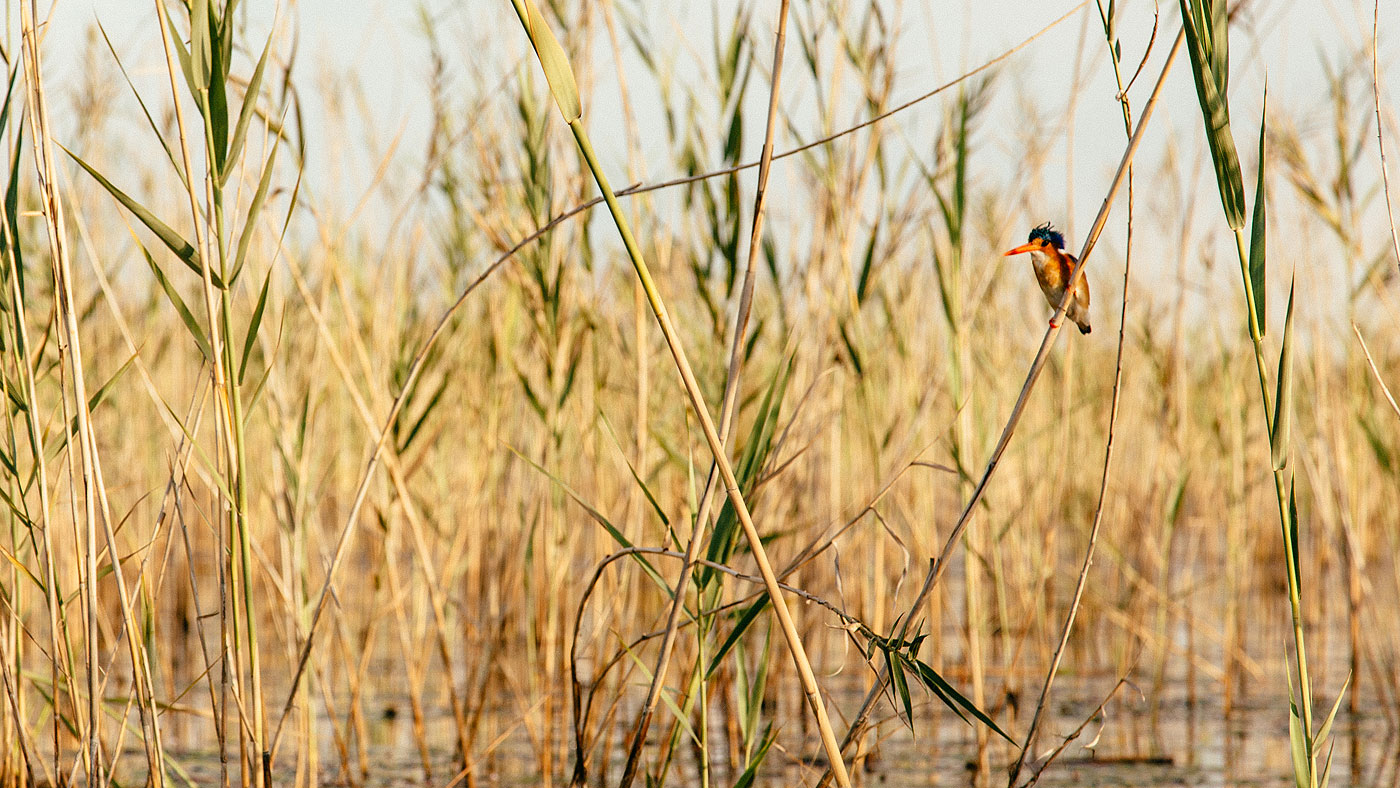
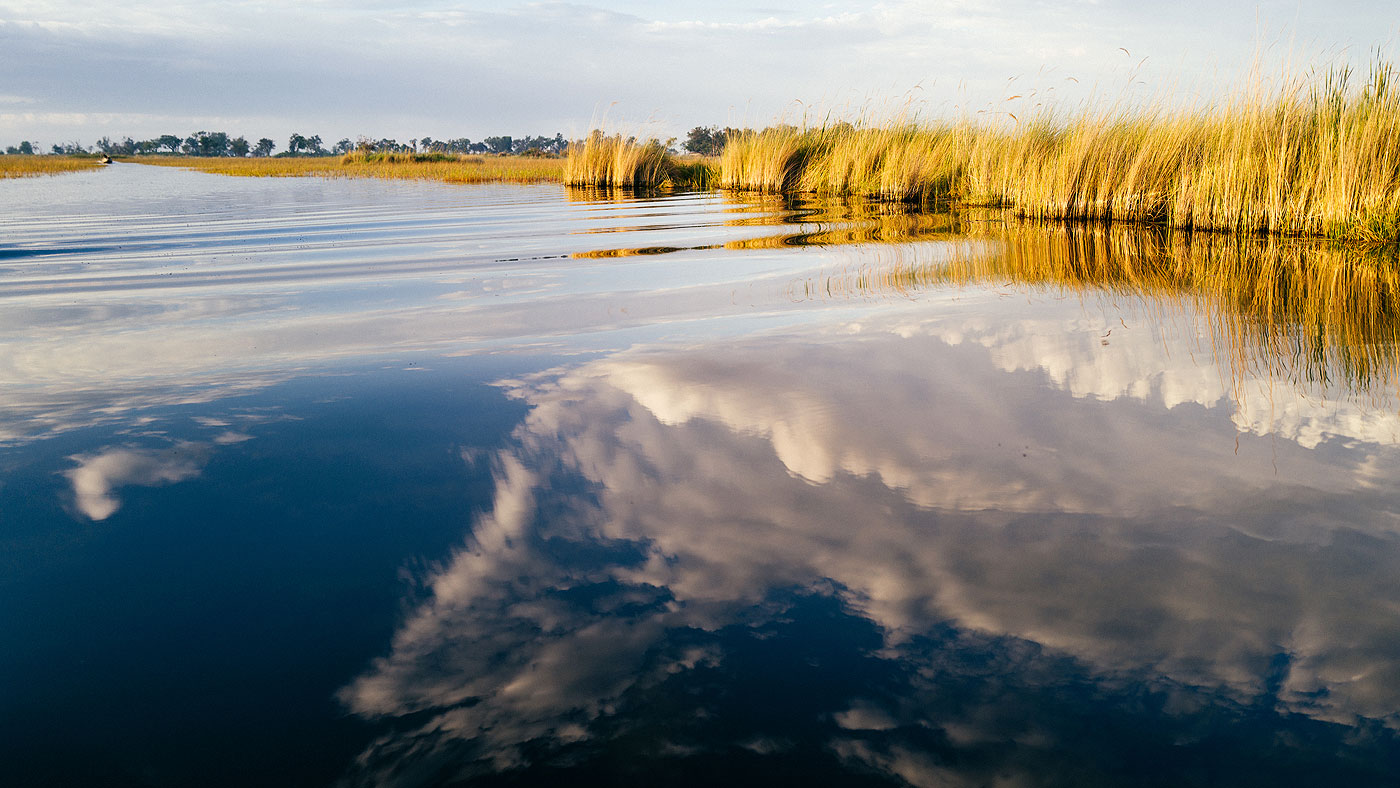
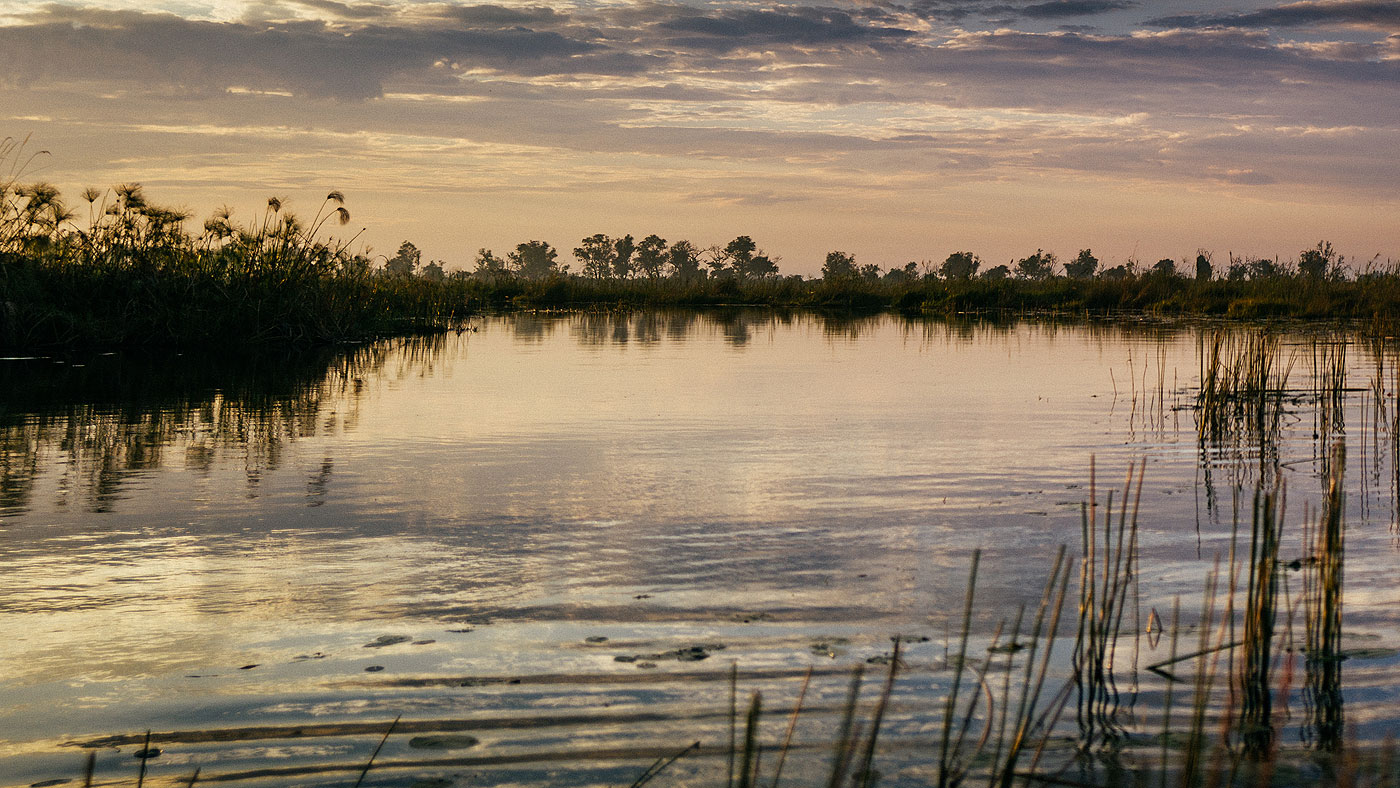
The Okavango Delta is probably the closest any of us will get to the Garden of Eden. It was here in northern Botswana, about 200,000 years ago, that the first modern humans were born.
They lived on the shore of a lake the size of Scotland, fed by rivers stretching across much of modern-day Angola, Namibia, Zimbabwe and Zambia. Today, though, the area is mostly desert. All that remains of the old superlake is a network of waterways which fan out across the dry land like branches of a fallen tree, nourishing one of the world’s richest, strangest ecosystems.
Most visits to the Okavango begin with a light aircraft flight - an ideal introduction to the lay of the land. Having taken off from the parched border town of Kasane, I was soon looking down on the delta’s verdant patchwork of pools, islands and sinuous streams.
The Week
Escape your echo chamber. Get the facts behind the news, plus analysis from multiple perspectives.

Sign up for The Week's Free Newsletters
From our morning news briefing to a weekly Good News Newsletter, get the best of The Week delivered directly to your inbox.
From our morning news briefing to a weekly Good News Newsletter, get the best of The Week delivered directly to your inbox.
The Wilderness Safaris lodge at Chitabe is in one of the drier spots, its smartly furnished tents and timber walkways built into an outcrop of trees. I had arrived at the end of a long drought, but a strip of lush grass in front of the camp marked the course of a narrow stream which pulls in thirsty animals from miles around. Animals like the bull elephant which strolled towards my tent and reached above the canvas roof to pluck a trunkful of leaves while I unpacked.

He paid me little attention as I crept to get my camera. After taking a few photos, I simply sat and watched as he ate. The elephant, so familiar in the abstract, is truly odd up close. Astonishingly dextrous, he would twist the tip of his trunk around a few blades of grass, pulling them tight before cutting them off at the root with his toe.
Distracted by his gentle presence, I did not notice the storm gathering around us. The sky had darkened, the temperature had dropped and wind was tugging at the ropes of the tent - and then the rain came down in sheets. Twenty minutes later it stopped, just in time for afternoon tea, and we set out on our game drive with the sun in our eyes and the indigo-black cloud in retreat.

Outside camp we encountered a troop of baboons, a species much-maligned for its near-human capacity for guile and aggression. On this occasion, though, we saw the endearing side of primate society: a tender exchange between a young baby, his mother and an adult female which wanted to pet the youngster. The mother and child tolerated the attention for a few minutes before she was distracted by food and he went off to play with a stick.
A free daily email with the biggest news stories of the day – and the best features from TheWeek.com

We dodged storm clouds all afternoon, staying dry as we admired the aerial drama: first a double rainbow and then the persistent flicker of lightning. When we happened upon the skeletal remains of a leadwood forest - the trees had drowned during a flood several decades ago; no-one knew exactly when - the conversation took an existential turn.
This new Eden, our guide explained, is now under threat from its most disruptive offspring. Human demand for water is increasing even as rainfall is becoming more erratic, and invasive plants, introduced upstream by farmers and nourished by their fertilisers, are clogging up the shallow channels. We lapsed into thoughtful silence, surrounded by the old leadwood trees, as the sky took on a suitably apocalyptic glow.

The death of the delta would mark the end of an unlikely chain of events. Millions of years ago, the Okavango river stretched for thousands of miles from tropical rainforests near the equator to the Indian Ocean. Then an earthquake forced up a ridge of land that blocked its path and created the vast lake our ancestors would have known.
When the earth shook again and the superlake drained away, it left an improbably flat plain, onto which the river dumped more than ten trillion litres of rainwater per year. Left to its own devices, the water would have spread out evenly across the sand, but an unlikely alliance of big and small beasts began to reshape the landscape.
First the hippos arrived, tramping out paths that deepened year by year, creating streams which drew water east and drained some parts of the floodplain. Then the termites got to work in the drier areas, building their mounds of mud and sand, and giving a foothold to grasses, which trapped windblown soil and enriched it with nutrients that would sustain bigger plants and trees. Termite hill by termite hill, the islands of the Okavango were born.

One is now home to Little Vumbura, a beautiful lodge rin the heart of the delta. The camp reveals itself gradually, its open-sided timber lodge at first well hidden by tall papyrus reeds. Interiors are equally subtle, relying heavily on canvas, wood and an elegant collection of blankets and cushions.

Surrounded by water even in this time of drought, Little Vumbura is best explored by mokoro. The traditional dugout canoe, propelled by a man with a pole, is a serene form of transport - and one which enforces a change in perspective. The reeds towered above me as I sat on the floor of the boat, my hips below the waterline, and we glided down a channel little more than a metre wide.
A few moments later we emerged onto open water and I was eye-to-eye with a pair of Angolan reed frogs - and then a tiny malachite kingfisher, his feathers bright in the late afternoon sun. When he deserted us, flitting away to a distant branch, a sense of profound tranquility settled around the boat.
Even if you saw nothing here but water, reeds and sky - and somehow missed the lions and leopards which prey on the Okavango’s herds of zebra and water buffalo - this would be a special place.

Dusk fell more gently than it had among the leadwood trees, suffusing the sky with a soft peachy warmth. A flock of storks flew low overhead, looking for somewhere to roost, and we sought safe harbour, too - a dry spot for sundowners - before turning back to camp.
In the quiet of the night, it was easy to imagine a world before humans. Perhaps the delta would have been better off without us competing for resources and upsetting the climate. Or perhaps this landscape, so dependent on a quirk of geology and biology, was destined to flourish and fade. At least, having overlapped with our own tenancy on this earth, it has been understood and enjoyed.
I made the most of my last evening in Eden, savouring the silence of the mokoro as we slipped through the reeds and I glimpsed our far-flung human outpost: Little Vumbura and its oil lamps, glimmering over the dark, glossy water.

Holden Frith is The Week’s digital director. He also makes regular appearances on “The Week Unwrapped”, speaking about subjects as diverse as vaccine development and bionic bomb-sniffing locusts. He joined The Week in 2013, spending five years editing the magazine’s website. Before that, he was deputy digital editor at The Sunday Times. He has also been TheTimes.co.uk’s technology editor and the launch editor of Wired magazine’s UK website. Holden has worked in journalism for nearly two decades, having started his professional career while completing an English literature degree at Cambridge University. He followed that with a master’s degree in journalism from Northwestern University in Chicago. A keen photographer, he also writes travel features whenever he gets the chance.
-
 Local elections 2026: where are they and who is expected to win?
Local elections 2026: where are they and who is expected to win?The Explainer Labour is braced for heavy losses and U-turn on postponing some council elections hasn’t helped the party’s prospects
-
 6 of the world’s most accessible destinations
6 of the world’s most accessible destinationsThe Week Recommends Experience all of Berlin, Singapore and Sydney
-
 How the FCC’s ‘equal time’ rule works
How the FCC’s ‘equal time’ rule worksIn the Spotlight The law is at the heart of the Colbert-CBS conflict
-
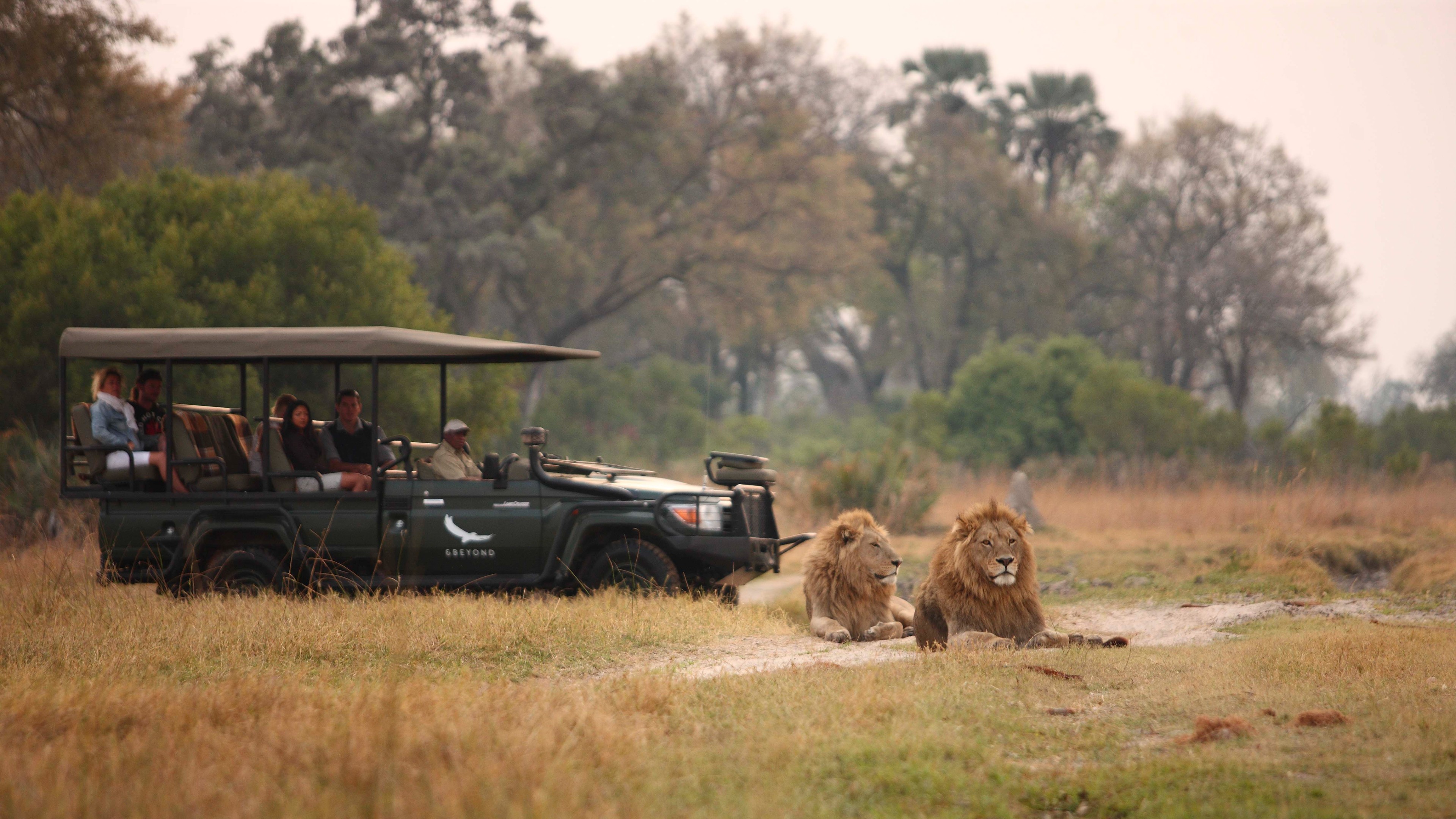 11 hotels opening in 2026 that will move you to reconnect with nature
11 hotels opening in 2026 that will move you to reconnect with natureThe Week Recommends Find peace on the beaches of Mexico and on a remote Estonian island
-
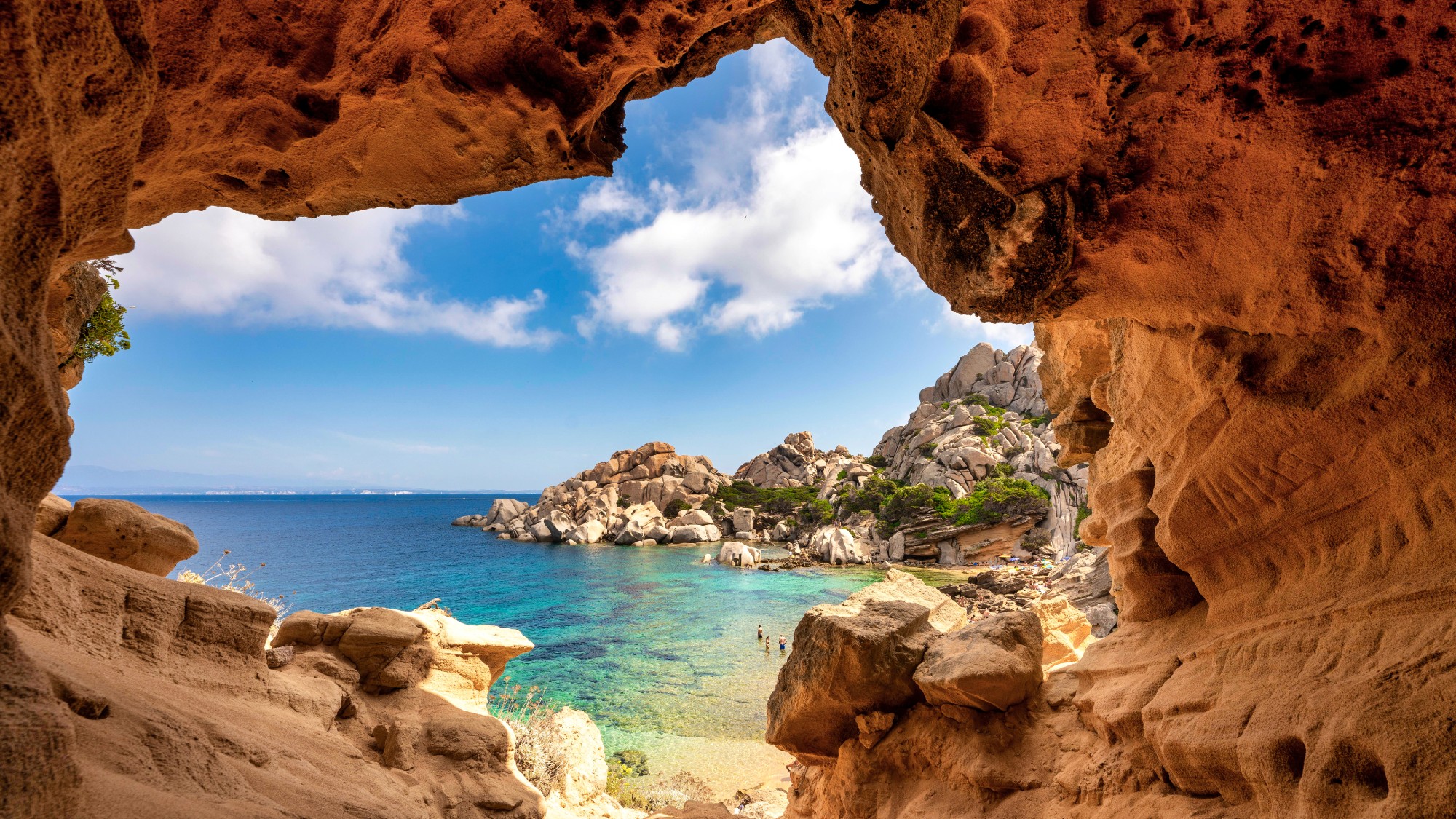 8 incredible destinations to visit in 2026
8 incredible destinations to visit in 2026The Week Recommends Now is the time to explore Botswana, Mongolia and Sardinia
-
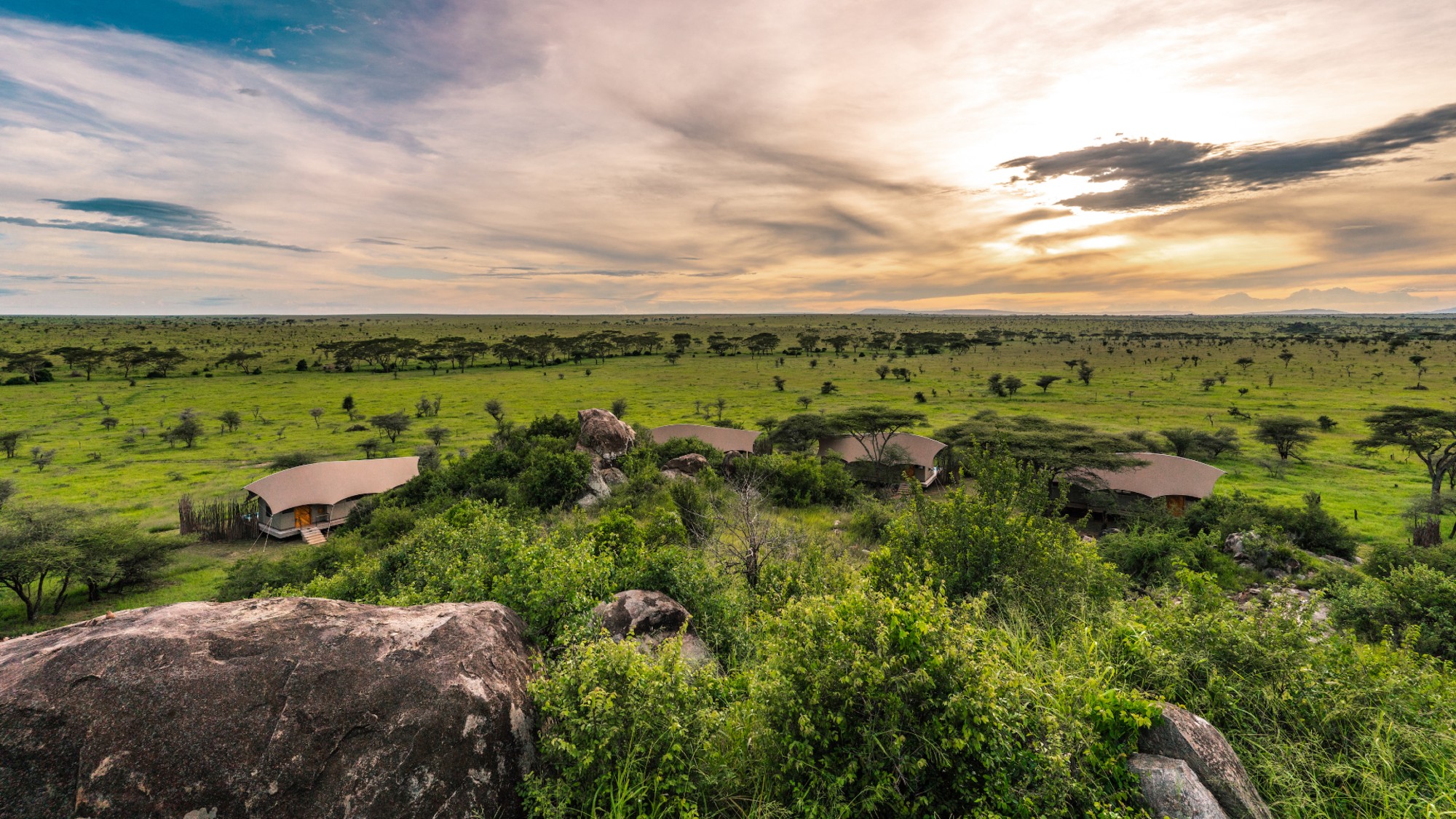 Experience Tanzania’s untamed wilderness from Lemala’s luxury lodges
Experience Tanzania’s untamed wilderness from Lemala’s luxury lodgesThe Week Recommends The vast protected landscapes are transformed into a verdant paradise during ‘emerald season’
-
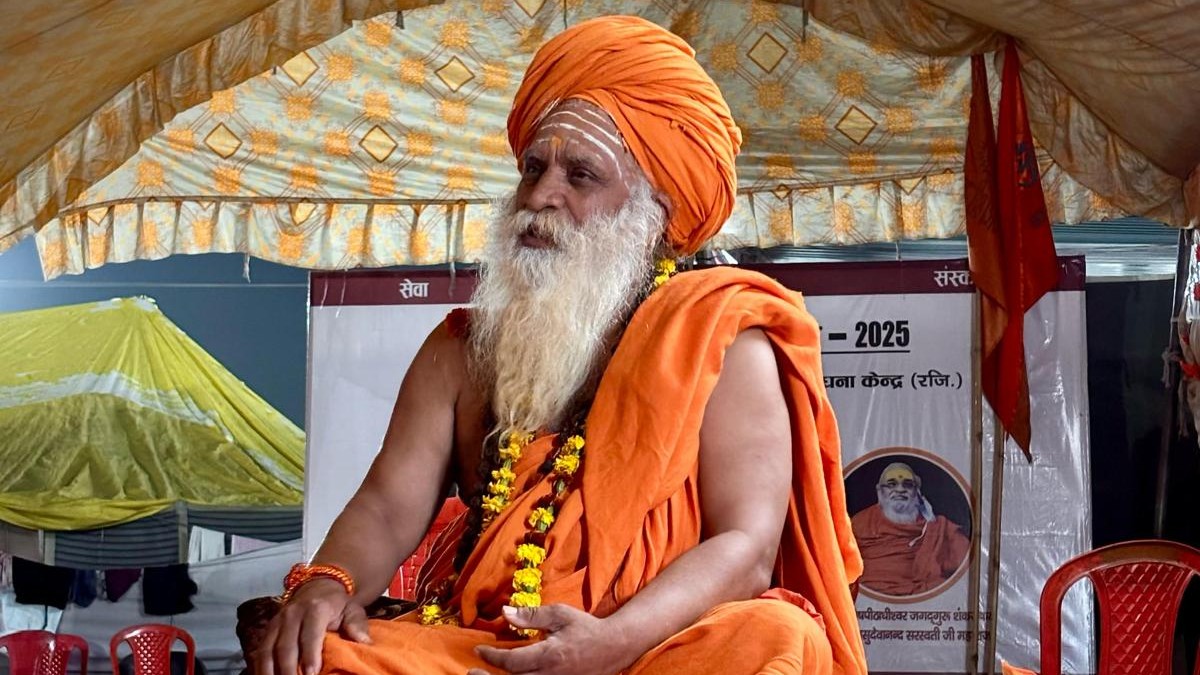 Uttar Pradesh: from a once-in-a-generation festival to tiger tracking in an ancient forest
Uttar Pradesh: from a once-in-a-generation festival to tiger tracking in an ancient forestThe Week Recommends Soak up the state's rich culture on one of Explorations Company's specially curated tours
-
 Friendship: 'bromance' comedy starring Paul Rudd and Tim Robinson
Friendship: 'bromance' comedy starring Paul Rudd and Tim RobinsonThe Week Recommends 'Lampooning and embracing' middle-aged male loneliness, this film is 'enjoyable and funny'
-
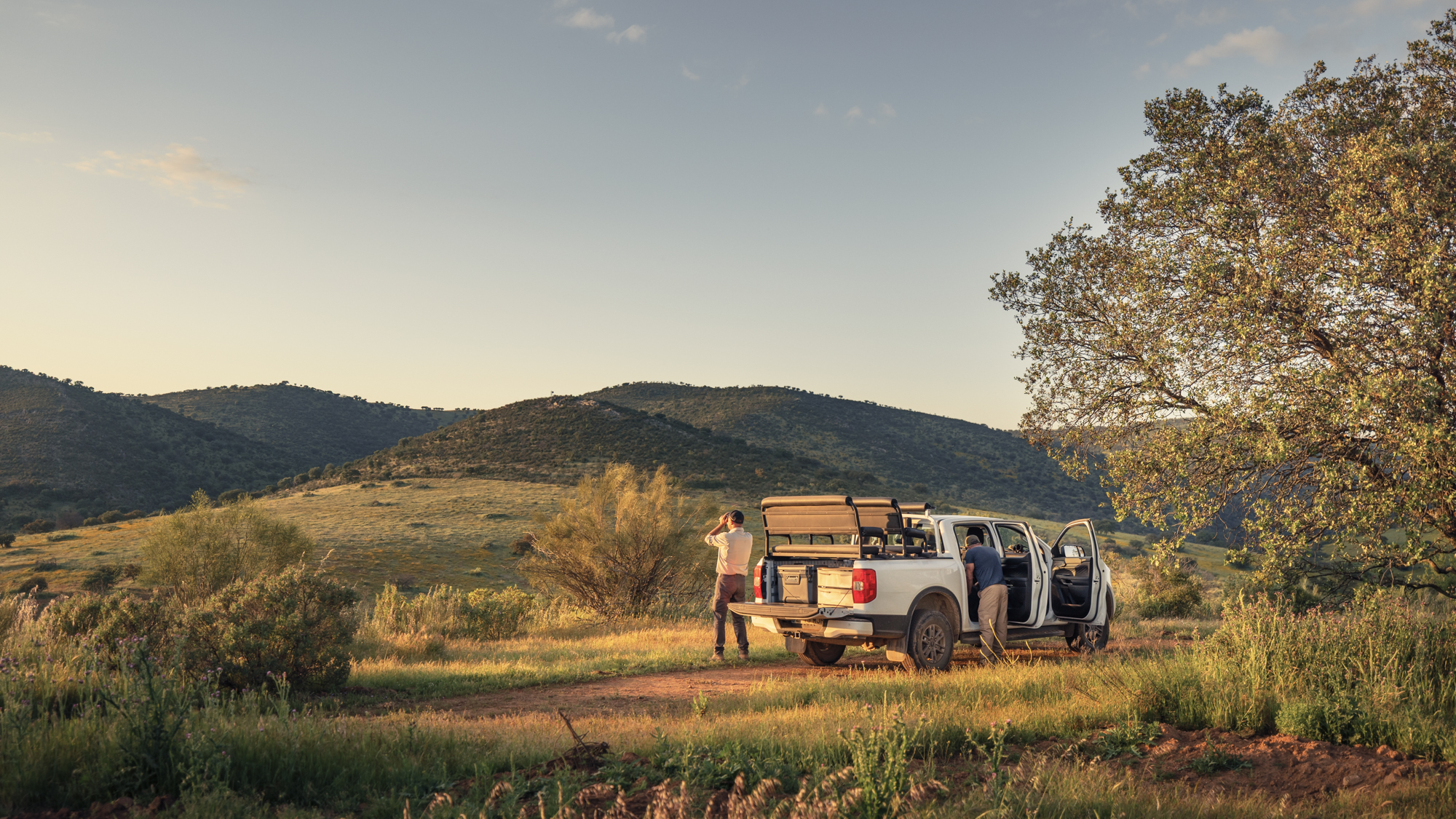 On the trail of the Iberian lynx
On the trail of the Iberian lynxThe Week Recommends Explore the culture, food – and wildlife – of Extremadura on this stunning Spanish safari
-
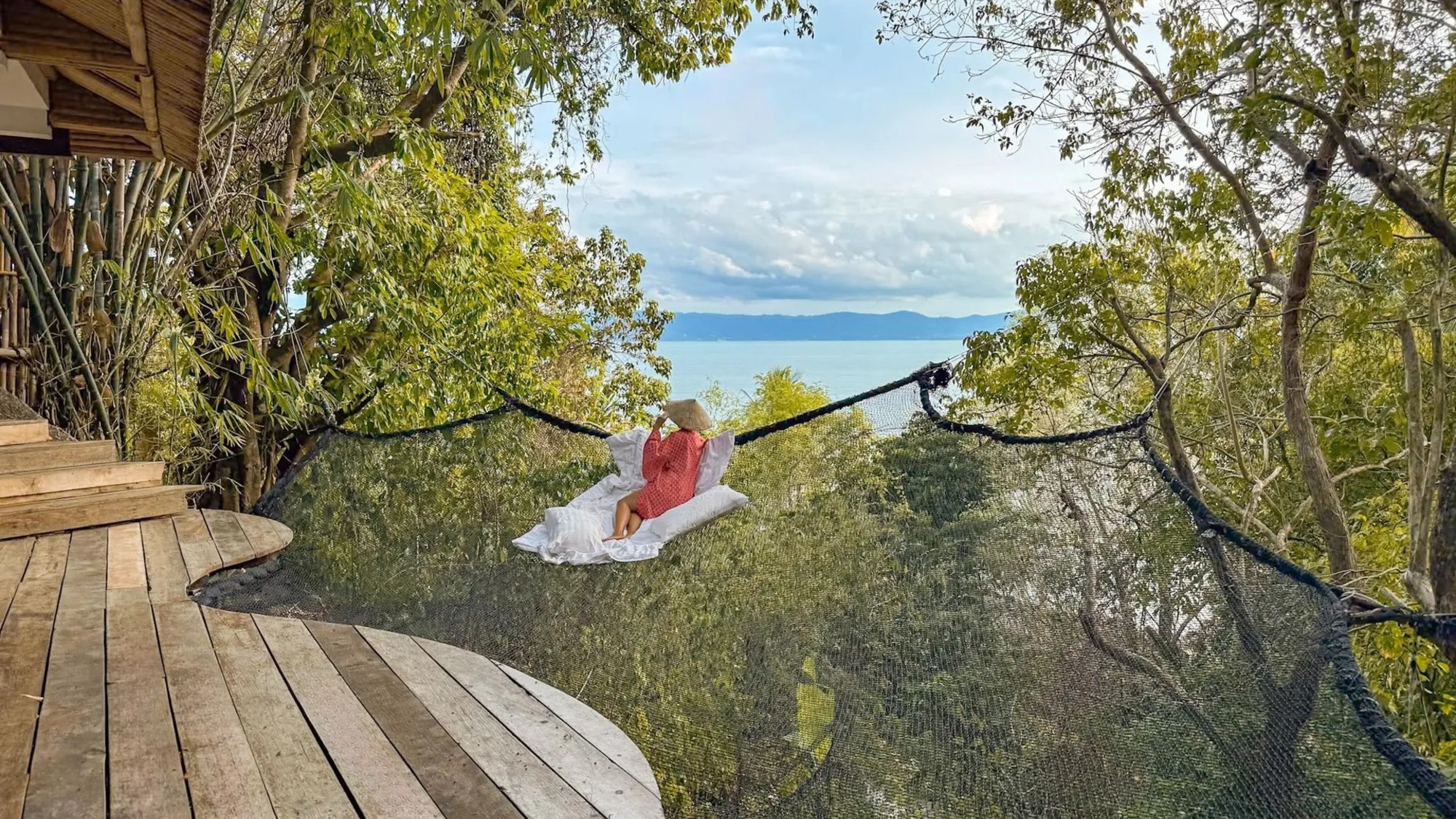 7 tranquil hotels worth the (sometimes extreme) trek
7 tranquil hotels worth the (sometimes extreme) trekThe Week Recommends Find serenity off the beaten path
-
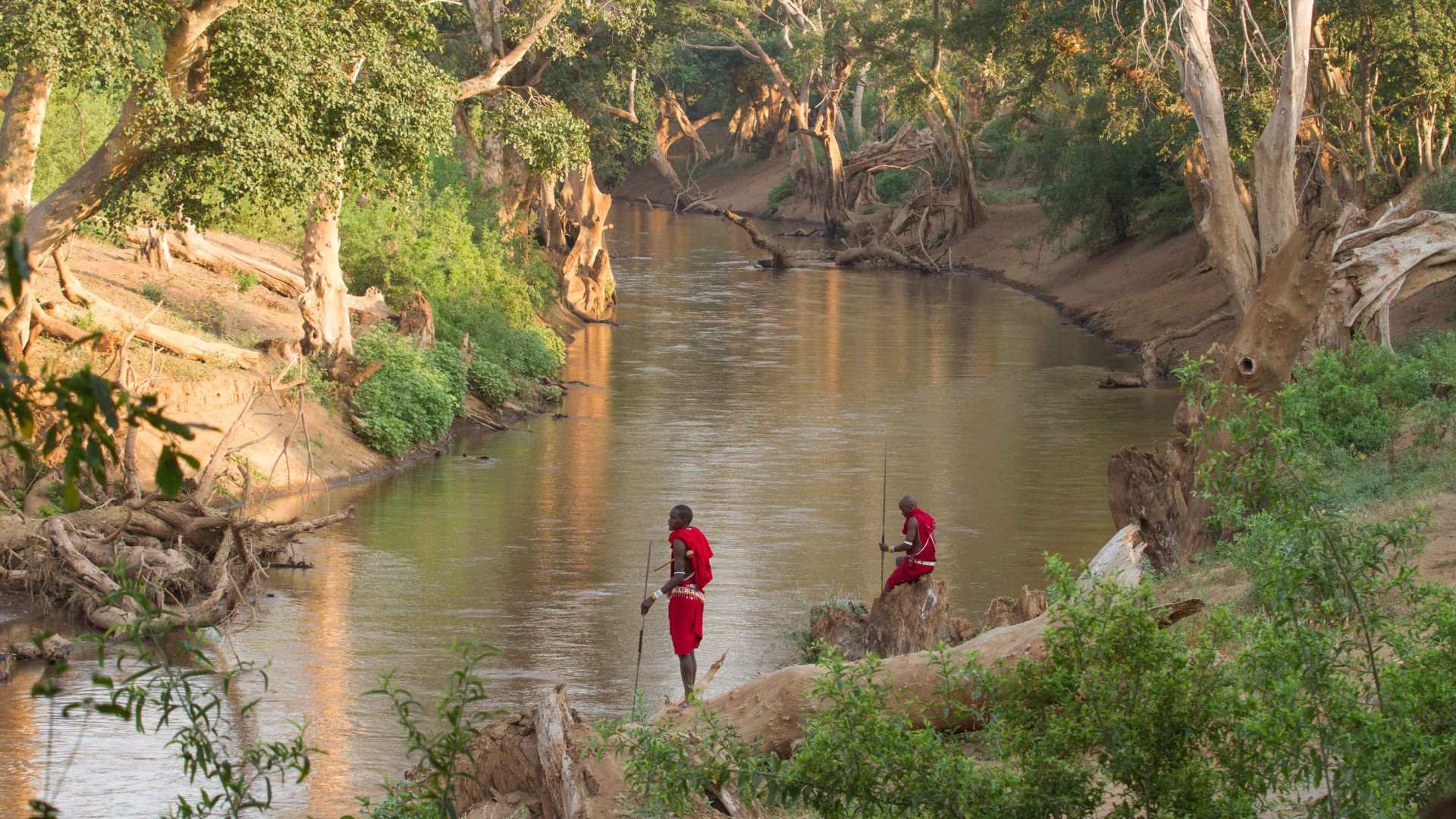 Shompole Wilderness Camp: immerse yourself in nature at this secluded retreat
Shompole Wilderness Camp: immerse yourself in nature at this secluded retreatThe Week Recommends This luxurious family-run camp in southern Kenya has access to more than 350,000 acres of pristine savannah